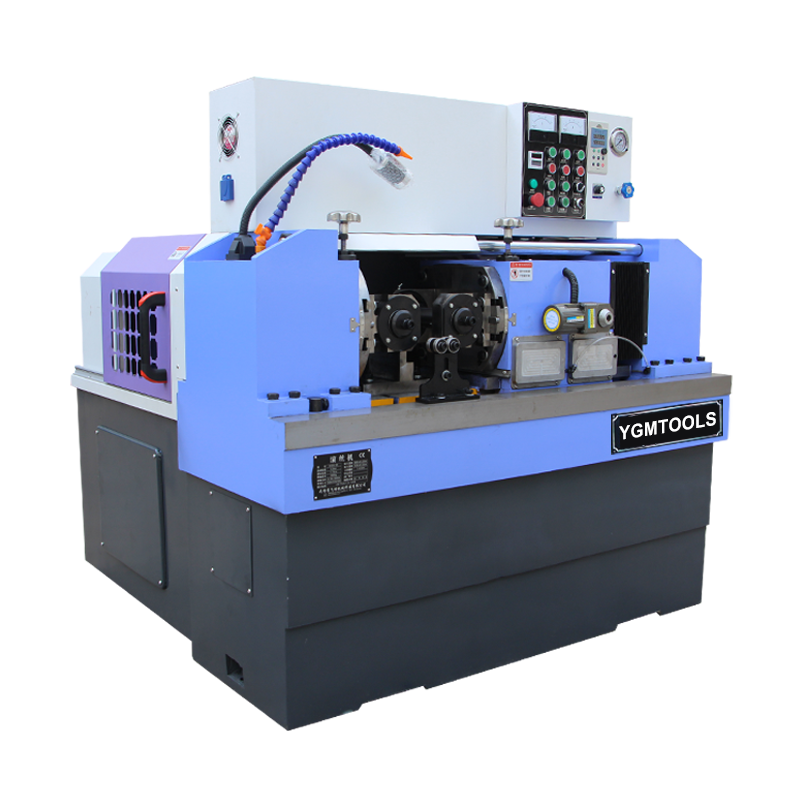
-
 Afrikaans
Afrikaans -
 Albanian
Albanian -
 Amharic
Amharic -
 Arabic
Arabic -
 Armenian
Armenian -
 Azerbaijani
Azerbaijani -
 Basque
Basque -
 Belarusian
Belarusian -
 Bengali
Bengali -
 Bosnian
Bosnian -
 Bulgarian
Bulgarian -
 Catalan
Catalan -
 Cebuano
Cebuano -
 Corsican
Corsican -
 Croatian
Croatian -
 Czech
Czech -
 Danish
Danish -
 Dutch
Dutch -
 English
English -
 Esperanto
Esperanto -
 Estonian
Estonian -
 Finnish
Finnish -
 French
French -
 Frisian
Frisian -
 Galician
Galician -
 Georgian
Georgian -
 German
German -
 Greek
Greek -
 Gujarati
Gujarati -
 Haitian Creole
Haitian Creole -
 hausa
hausa -
 hawaiian
hawaiian -
 Hebrew
Hebrew -
 Hindi
Hindi -
 Miao
Miao -
 Hungarian
Hungarian -
 Icelandic
Icelandic -
 igbo
igbo -
 Indonesian
Indonesian -
 irish
irish -
 Italian
Italian -
 Japanese
Japanese -
 Javanese
Javanese -
 Kannada
Kannada -
 kazakh
kazakh -
 Khmer
Khmer -
 Rwandese
Rwandese -
 Korean
Korean -
 Kurdish
Kurdish -
 Kyrgyz
Kyrgyz -
 Lao
Lao -
 Latin
Latin -
 Latvian
Latvian -
 Lithuanian
Lithuanian -
 Luxembourgish
Luxembourgish -
 Macedonian
Macedonian -
 Malgashi
Malgashi -
 Malay
Malay -
 Malayalam
Malayalam -
 Maltese
Maltese -
 Maori
Maori -
 Marathi
Marathi -
 Mongolian
Mongolian -
 Myanmar
Myanmar -
 Nepali
Nepali -
 Norwegian
Norwegian -
 Norwegian
Norwegian -
 Occitan
Occitan -
 Pashto
Pashto -
 Persian
Persian -
 Polish
Polish -
 Portuguese
Portuguese -
 Punjabi
Punjabi -
 Romanian
Romanian -
 Russian
Russian -
 Samoan
Samoan -
 Scottish Gaelic
Scottish Gaelic -
 Serbian
Serbian -
 Sesotho
Sesotho -
 Shona
Shona -
 Sindhi
Sindhi -
 Sinhala
Sinhala -
 Slovak
Slovak -
 Slovenian
Slovenian -
 Somali
Somali -
 Spanish
Spanish -
 Sundanese
Sundanese -
 Swahili
Swahili -
 Swedish
Swedish -
 Tagalog
Tagalog -
 Tajik
Tajik -
 Tamil
Tamil -
 Tatar
Tatar -
 Telugu
Telugu -
 Thai
Thai -
 Turkish
Turkish -
 Turkmen
Turkmen -
 Ukrainian
Ukrainian -
 Urdu
Urdu -
 Uighur
Uighur -
 Uzbek
Uzbek -
 Vietnamese
Vietnamese -
 Welsh
Welsh -
 Bantu
Bantu -
 Yiddish
Yiddish -
 Yoruba
Yoruba -
 Zulu
Zulu
Suppliers of Flat Die Thread Rolling Machines for Precision Manufacturing and High-Quality Production
Thread Rolling Machine Flat Die Suppliers Innovating Manufacturing Processes
In today's competitive manufacturing landscape, efficiency and precision have become paramount. One of the key players in achieving this goal is the thread rolling machine, particularly those equipped with flat dies. As industries ranging from automotive to aerospace require high-strength threaded components, suppliers of these advanced machines have increasingly become crucial to maintaining production quality and speed. This article delves into the significance of flat die thread rolling machines, exploring their advantages and outlining some leading suppliers in the market.
Thread rolling is a cold forming process that produces threads by rolling a material between two dies. Unlike traditional machining, which removes material, thread rolling displaces it, resulting in stronger, more durable threads due to the enhanced grain structure. Flat die thread rolling specifically refers to the use of flat dies to create threads, allowing for the production of various sizes and shapes while maintaining precision. This method is not only efficient but also reduces waste, making it a sustainable option for manufacturers.
The advantages of flat die thread rolling machines are multifaceted. First and foremost, they significantly increase production rates. Given that the process can create multiple threads in a single pass, manufacturers can output large quantities quickly. Furthermore, the cold working process involved in thread rolling results in less heat generation, which not only conserves energy but also mitigates thermal distortions that could affect the integrity of the final product. This leads to tighter tolerances and reduces the need for secondary finishing operations, further streamlining the manufacturing process.
Moreover, manufacturers who utilize flat die thread rolling machines often enjoy reduced production costs. The initial investment in such machinery can be substantial; however, the reduction in material waste, labor costs, and processing time leads to significant long-term savings. In an era where cost efficiency is key to remaining competitive, the return on investment for thread rolling machines can be substantial.
thread rolling machine flat die suppliers

As the demand for high-quality threaded components continues to rise, numerous suppliers have emerged to meet these needs. Some of the leading flat die thread rolling machine suppliers include companies like Screws & More, Bennett Industrial, and Tackie Engineering. Each of these companies offers a variety of machines tailored to different industrial requirements, ensuring that manufacturers can find a solution that fits their specific needs.
Screws & More, for instance, is renowned for its precision engineering and advanced technology. They provide customizable thread rolling machines that cater to unique specifications for various industries. Their commitment to quality and customer service has established them as a trusted partner for many manufacturers.
Bennett Industrial focuses on innovation, offering a range of automated solutions that integrate seamlessly with existing production lines. Their flat die thread rolling machines are designed to enhance operational efficiency and minimize downtime, making them a favorite among larger manufacturing facilities.
Tackie Engineering, on the other hand, is known for its focus on sustainability. They provide energy-efficient machines that not only perform well but also adhere to environmental standards. Their dedication to eco-friendly manufacturing processes resonates with companies looking to enhance their sustainability profiles.
In conclusion, flat die thread rolling machines represent a vital advancement in the manufacturing sector, offering unparalleled efficiency, precision, and sustainability. As suppliers continue to innovate and enhance their offerings, industries relying on threaded components can look forward to better production capabilities and reduced costs. Investing in high-quality thread rolling machines from reputable suppliers is not just a necessity but a strategic move toward achieving operational excellence in a constantly evolving market.
